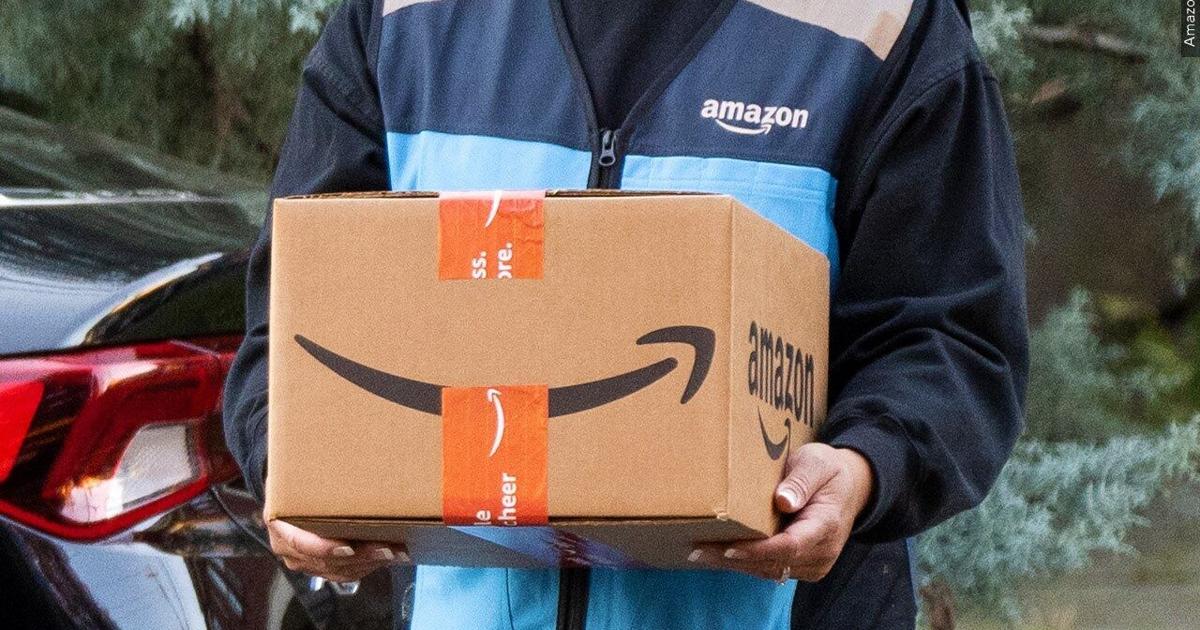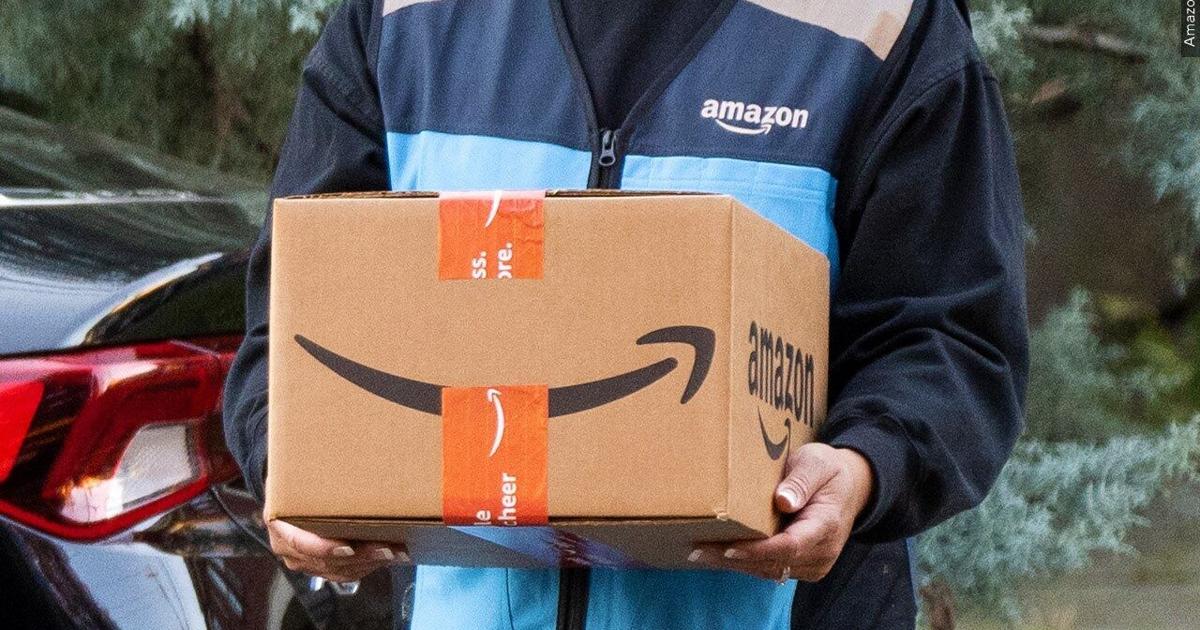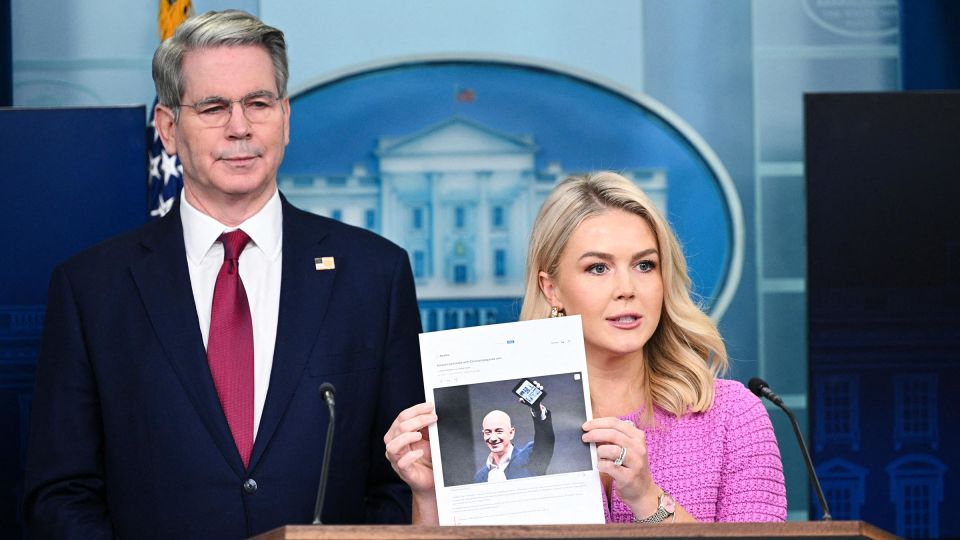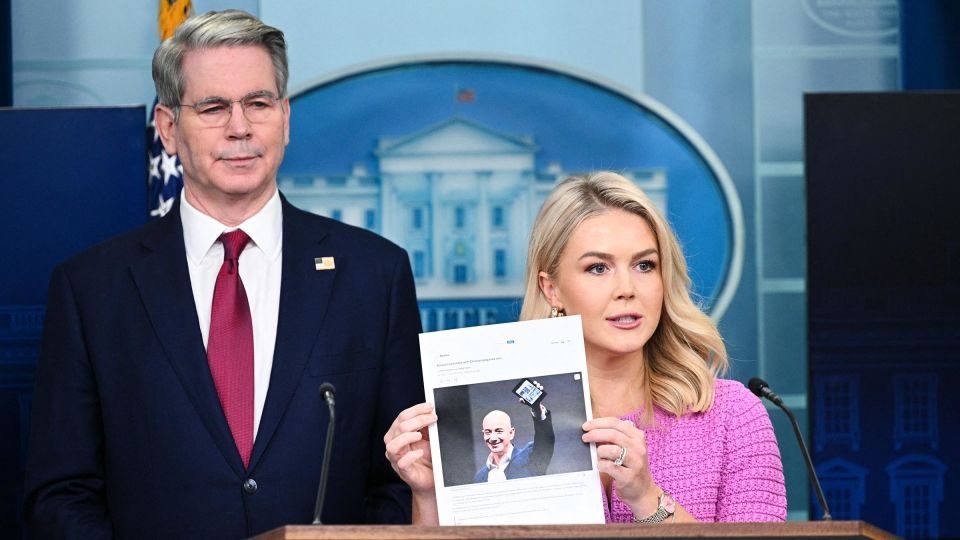## Did Trump Just Declare War on Online Shopping?
Forget “fake news,” this is straight-up fire and fury in the digital age. Apparently, the Donald’s temper wasn’t just hot on Twitter last night – it was scorching hot enough to light up the phone lines to Amazon CEO Jeff Bezos. CNN reports that the President went full-on “p*ssed” after learning Amazon might hit consumers with a tariff surcharge.

Tariff Implications and Amazon’s Response

According to reports, Amazon considered displaying the added cost of tariffs on certain items, a move that could directly illustrate to American consumers how Trump’s tariffs are affecting the cost of goods. However, Amazon spokespersons denied that the company ever considered displaying tariff costs on its main site, stating that the idea was never approved and would not be implemented.
However, Amazon did explore the idea of displaying import charges on certain products on its spinoff website, Haul, which sells items below $20. Although the change was never rolled out, it highlights the ongoing efforts of e-commerce companies to navigate the complexities of tariffs and their impact on consumer pricing.

Broader Implications and Reactions
Senate Support for Tariff Transparency
Senate Minority Leader Chuck Schumer encouraged businesses to display tariff costs, emphasizing the importance of consumer awareness of tariff impacts. Schumer’s remarks underscore the growing concern about the lack of transparency in tariff-related pricing and the need for businesses to take a more proactive role in educating consumers.
The senator’s comments also highlight the potential for other e-commerce sites to follow Amazon’s lead in displaying tariff costs, potentially leading to a shift in the way companies approach pricing and consumer education.

E-commerce Sites Already Affected by Tariffs
Shein and Temu, two e-commerce sites that source most of their products from China, have already implemented changes to their pricing due to the cost of tariffs. Temu has introduced a new import charge that is displayed at checkout, providing customers with a clear understanding of the additional costs associated with tariffs.
The experiences of Shein and Temu serve as a reminder of the far-reaching impact of tariffs on e-commerce companies and the need for businesses to adapt to changing trade policies.
Conclusion
So, there you have it. The story of a “p*ssed” Trump, a bewildered Bezos, and a potential tariff showdown that could have shaken the very foundations of e-commerce. The article paints a picture of a battle between titans – one wielding the power of the presidency, the other the might of the world’s largest online marketplace. It highlights the fragile balance between political pressure and corporate autonomy, and how personal animosity can escalate into a battle with global economic consequences.
The implications are far-reaching. While this particular tariff charge was averted, it exposes the vulnerability of businesses to political whims. It raises questions about the future of globalization and the potential for trade wars to erupt at a moment’s notice. It also underscores the immense influence wielded by tech giants like Amazon, capable of influencing the course of global commerce with a single decision. As the lines between politics and business continue to blur, one thing is clear: the next move in this game of chess could determine the fate of the global economy.
We’ll be watching closely, keeping our eyes peeled for any further developments in this high-stakes saga.